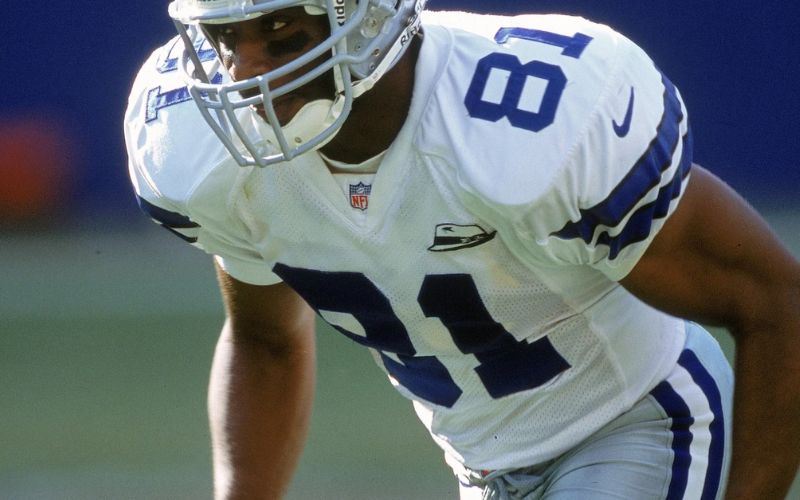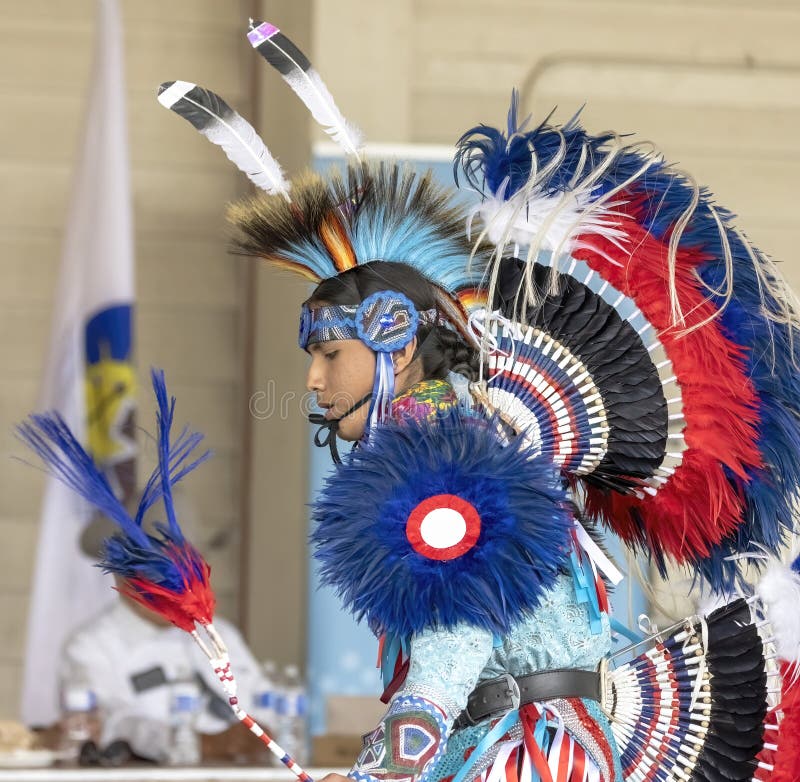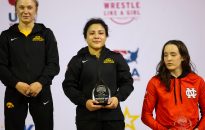Details By Native News Online Staff January 06, 2025 “We encourage coaches, scouts, the media and anyone in the Dallas-Fort Worth area who enjoys sports and supporting young people to attend this free exhibition game and cheer on these incredible athletes,” said Stopp. “What makes this camp different is we incorporate non-traditional exercises and activities […]


- Details
- By Native News Online Staff
-
“We encourage coaches, scouts, the media and anyone in the Dallas-Fort Worth area who enjoys sports and supporting young people to attend this free exhibition game and cheer on these incredible athletes,” said Stopp.
“What makes this camp different is we incorporate non-traditional exercises and activities like professional mentorship and behavioral health techniques. These practices help young people transition from what is often a very rural area to a collegiate-level environment,” Stopp said.
Athletes from 35 tribal communities and reservations spanning over 20 states and Canada will take the field to celebrate talent, leadership, and cultural unity.
Can we take a minute to talk about tribal sovereignty?
The camp also focuses on addressing the unique challenges faced by Native youth, many of whom come from rural areas with limited access to resources. Workshops include mentorship, communication skills, and behavioral health strategies to help players build resilience and thrive in new environments, such as college or professional sports.
Our journalism is powered by readers, not shareholders. If you believe in the importance of Native-led media in protecting tribal sovereignty, consider supporting our work today.
“Quite frankly, sports is the tool we use to engage with kids and bring people together,” NAAF Executive Director Michael Stopp, a citizen of the Cherokee Nation, said in a press release. “The organization’s underlying mission is to provide education, life skills and the inspiration to do bigger and better things. We want every student in this program to reach their full potential and take those lessons back to their communities,”
The Native American All-Star Football Game will feature athletes from communities as far-ranging as the Navajo Nation, the Eastern Band of Cherokee Indians, the Muscogee (Creek) Nation, and Alaska’s Native Village of Barrow. For many of these players, the game is not only a chance to demonstrate their skills but also an opportunity to represent their communities and traditions on a national stage.
Right now, your support goes twice as far. Thanks to a generous ,000 matching fund, every dollar you give during December 2024 will be doubled to protect sovereignty and amplify Native voices.
No paywalls. No corporate owners. Just independent, Indigenous journalism.
More Stories Like This
Native Museum Leader Appointed to Direct Crazy Horse Memorial Collections
Religion Focus of New Eiteljorg Efforts Funded by $2.5M Lilly Endowment Inc. Grant
Chickasaw Artist Regina Free Free Wins Best of Show at Hushtola Art Market
Sundance 2025 Short Film Lineup Unveiled: Indigenous Stories Shine Among 57 Global Selections
The event is free to the public, and the NAAF is encouraging football fans, coaches, scouts, and community members to attend and support the players. For those interested in learning more or attending the banquet, details can be found on the NAAF website.
This unique event, organized by the Native American Athletic Foundation (NAAG) in partnership with the NFL and Nike, will feature a four-day camp and leadership program. The program will provide young athletes with elite coaching, mentorship, and skills to succeed both on and off the field.
On the evening of January 6, the athletes will be celebrated at the Native All-Star Banquet at Frisco Hall, where former Dallas Cowboy Raghib “Rocket” Ismail will deliver the keynote address. Sharing insights from his own career, Ismail will highlight the role of sports in building character and leadership.
Unlike mainstream media, we center Indigenous voices and report directly from Native communities. When we cover land rights, water protection, or tribal governance, we’re not just sharing news – we’re documenting our living history and defending our future.
Sovereignty isn’t just a concept – it’s the foundation of Native nations’ right to govern, protect our lands, and preserve our cultures. Every story we publish strengthens tribal sovereignty.















